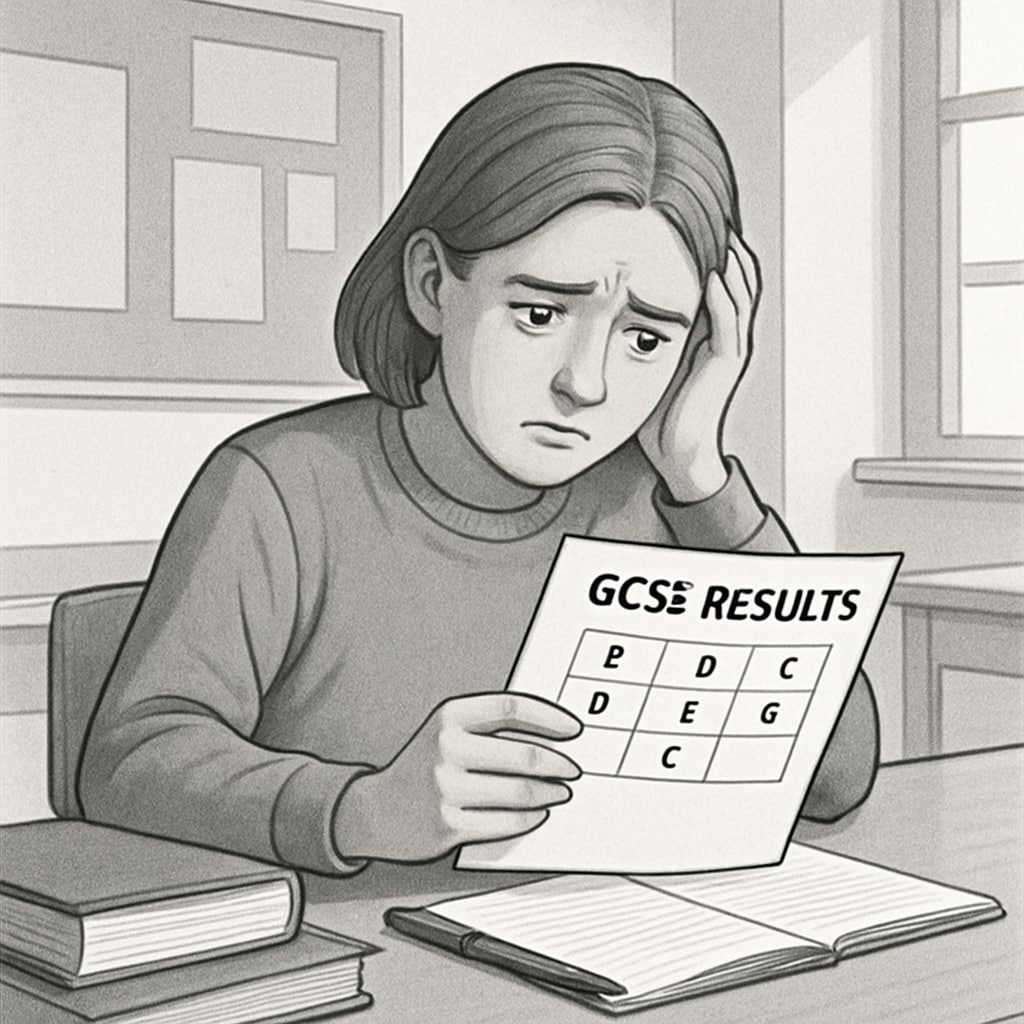Disappointing GCSE results can trigger a wave of academic anxiety and uncertainty about future prospects. For many students, these results feel like a defining moment, shaping their academic journey and career options. However, it’s important to remember that grades are just one aspect of personal growth and success. This article will explore the root causes of academic anxiety, provide strategies to rebuild self-confidence, and offer practical advice for planning a fulfilling future, regardless of exam outcomes.
Understanding Academic Anxiety and Its Impact
Academic anxiety often stems from the pressure to meet societal, family, or personal expectations. Poor GCSE results can amplify feelings of inadequacy and fear of failure, leading to stress and a negative self-image. According to studies, prolonged academic anxiety can affect mental health, causing issues like depression, low self-esteem, and lack of motivation. To navigate this challenge, students must first acknowledge that setbacks are part of life and do not define their worth or potential.

Reframing the Narrative Around GCSE Results
It’s vital to shift the focus from grades to growth. Here are some practical steps to reframe your mindset:
- Recognize Your Strengths: Identify areas where you excel, whether in extracurricular activities, creativity, or social skills. These qualities are equally valuable as academic achievements.
- Celebrate Progress: Instead of dwelling on missed targets, focus on the effort you put into preparing for exams and the knowledge you’ve gained.
- Seek Support: Reach out to teachers, mentors, or counselors who can provide guidance and encouragement. They can help you chart alternative paths to success.
Planning a Future Beyond Exam Results
While GCSE results may influence immediate academic choices, they don’t determine long-term success. Here’s how to create a positive outlook:
- Explore Vocational Pathways: Consider apprenticeships or trade schools that align with your interests and talents. These routes often lead to rewarding careers.
- Take Time for Reflection: Assess your passions and long-term goals. This can help you choose subjects or courses that genuinely excite you.
- Build Resilience: Learn to embrace challenges and adapt your strategies. Resilience is a key trait for overcoming obstacles.

Embracing Personal Growth and Holistic Success
Success is not solely measured by grades. Instead, it’s a combination of personal development, emotional intelligence, and the ability to learn from experiences. By focusing on these aspects, students can redefine their path and unlock their true potential. For example, renowned innovators like Steve Jobs and Richard Branson built successful careers despite academic setbacks, proving that determination and creativity matter more than exam scores.
In addition, adopting healthy coping mechanisms, such as mindfulness, exercise, and journaling, can help manage academic anxiety and foster a positive mindset. These practices encourage self-reflection and resilience, enabling students to embrace challenges with confidence.
Final Thoughts: Disappointing GCSE results may feel overwhelming, but they are not the end of the road. By addressing academic anxiety, reframing the narrative, and planning thoughtfully for the future, students can rebuild their confidence and achieve holistic success. Remember, your journey is unique, and your potential is limitless.
Readability guidance: This article utilizes short paragraphs, active voice, and transition words to enhance readability. Lists are included for clarity, and images are strategically placed to complement the text.


